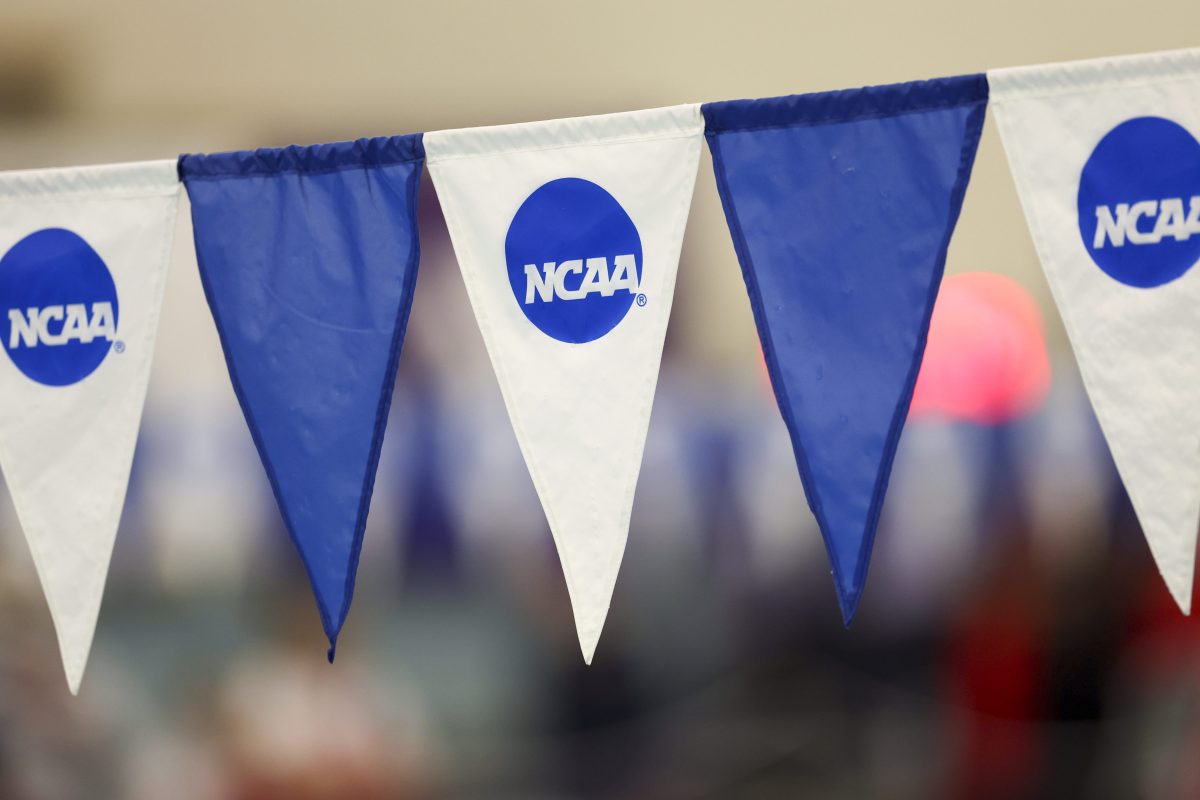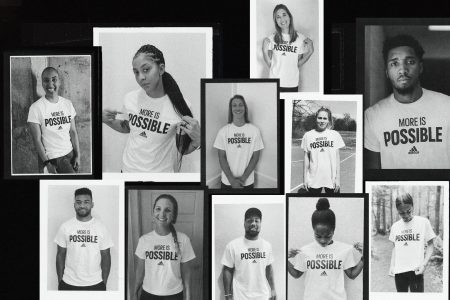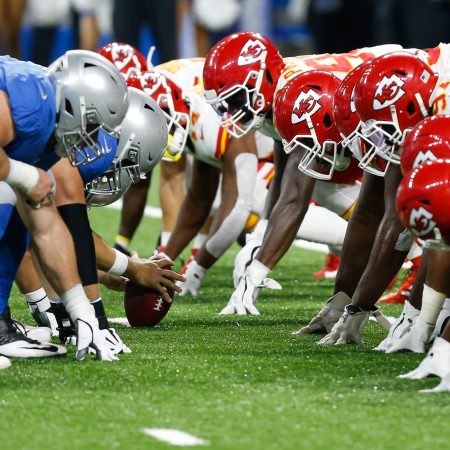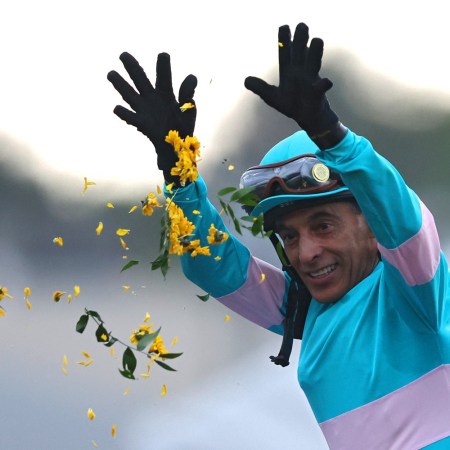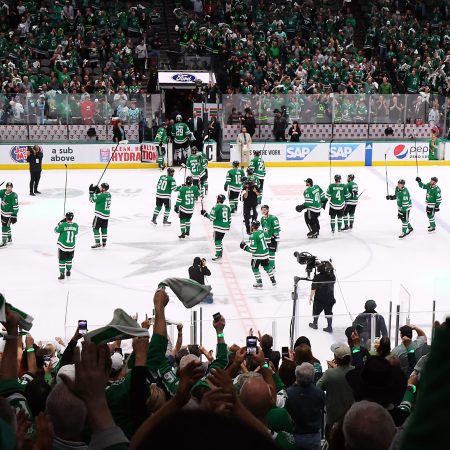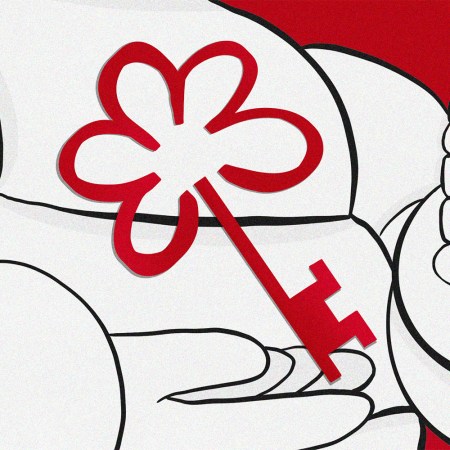In 2019, 53% of full-time college students in the United States reported that they had consumed alcohol in the past month, despite the fact that many of the respondents were under the legal drinking age of 21. A survey of 18- to 22-year-olds conducted this year by the NCAA found that 58% of respondents had engaged in at least one sports betting activity and that 67% of students living on college campuses are bettors and tend to bet at a higher frequency than individuals who live elsewhere.
While the surveys are from different years and about different topics, those numbers bear out that about half of full-time college students drink regularly and about two-thirds of on-campus students bet on sports. Those numbers are fairly mind-blowing considering alcohol’s longtime association with higher education and the relative newness of legalized sports betting, but they may simply reflect that it is easier to gamble on sports at age 18 than it is to obtain booze if you are younger than 21.
An Adidas NIL Network to Pay NCAA Student-Athletes Sounds Good. Is It?
Eligible athletes will have the chance to earn a percentage of the sales they drive and be paid per social media postThe sports betting survey was commissioned by NCAA president Charlie Baker weeks after he assumed his role in order to establish a new baseline of sports betting activity amongst students. “We needed a new baseline so we can better understand what student-athletes are experiencing on their campuses and among their peers so we can best help them deal with the potentially disruptive dynamic of legal sports betting,” Baker said. “Sports betting has increased interest in sports of all kinds, including college sports, which is great for our fans, but the NCAA and everyone from coaches to athletics department staff and college presidents must better understand what impact sports betting may have on student-athletes.”
Interestingly, the survey found that the likelihood of a student engaging in betting activities, the amount wagered and the amount of money lost increases as an individual’s educational attainment level increases. As an individual’s educational attainment level also correlates with their age, it appears older is not necessarily wiser after all.
“The world of sports wagering is vast and complex,” said enterprise risk management managing director Clint Hangebrauck. “The NCAA is diligently gathering data, reviewing processes and procedures and creating initiatives to educate student-athletes and protect the integrity of college athletics.”
In the fall, the NCAA will conduct a national survey of student-athletes about their sports wagering attitudes. The results should be fascinating.
Whether you’re looking to get into shape, or just get out of a funk, The Charge has got you covered. Sign up for our new wellness newsletter today.
